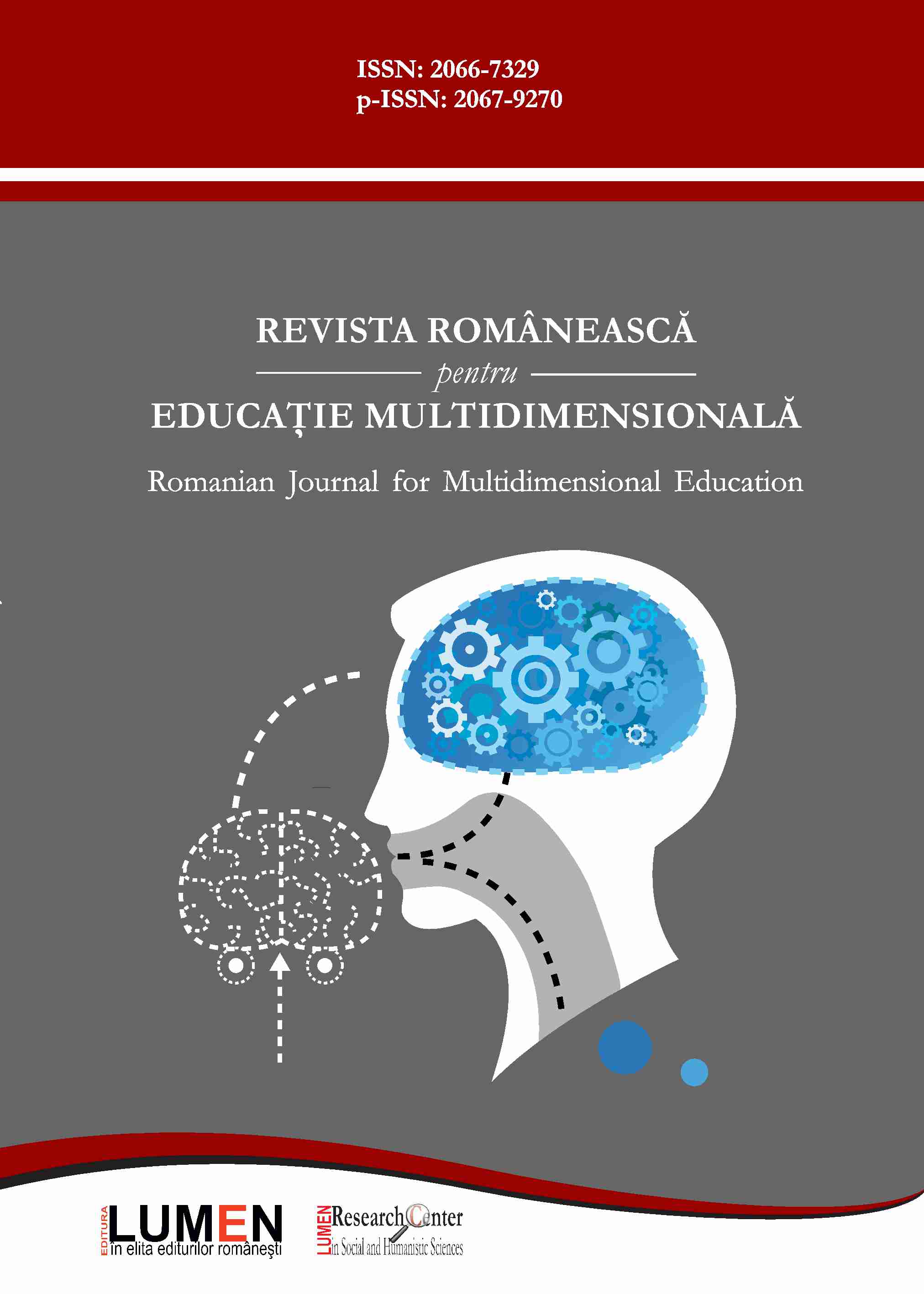Policies and Mechanisms to Promote the Production of Knowledge and its Effects on University Scholars: Comparative Analysis among Public Universities in the Northeastern Region of Mexico
Policies and Mechanisms to Promote the Production of Knowledge and its Effects on University Scholars: Comparative Analysis among Public Universities in the Northeastern Region of Mexico
Author(s): Luis Iván Sanchez Rodriguez, Dora María Llado Larraga, Adriana Dominguez SaldivarSubject(s): Education, Psychology, Communication studies
Published by: Editura Lumen, Asociatia Lumen
Keywords: Policies; productivity; scholars; public university; academic entities;
Summary/Abstract: The production of knowledge goes through a dominant moment that according to the typology of Gibbons, Limoges, Nowotny, Schwartzman, Scott and Trow (1997) and other authors is inserted in the production mode 2 called "Emergent mode" where a transdisciplinary, heterogeneous and heterarchical structure is predominant. The production of knowledge is carried out in context of application, configured by a diverse set of intellectual and social demands. The importance of knowledge and the impact that science-oriented policies have had on the forms of knowledge production by the scholars of the tertiary education is now recognized. These policies have somehow influenced the academy by moving from a personal activity to a community-based profession, fostering a trend towards collective work, with objectives linked to specific social and economic demands whose cost can only be absorbed by the State or those competitors of the industrial world; it moves between small science (made by individuals or small groups) to a great science characterized by groups of researchers participating in programs and wider networks, fully institutionalized, highly professionalized and clearly specialized. Thus, this communication aims to show the existing relationship between the policies that the Mexican State has been promoting to public universities about the production of knowledge that university scholars develop as part of their substantive functions. It is evident how these policies are being interpreted and operationalized through mechanisms that favor (or not) the production of knowledge and how the results of this production impact both inside the university study houses as well as the social and productive sectors. In particular, a comparative analysis is carried out among five public university institutions that make up the northeast of Mexico.
Journal: Revista Românească pentru Educaţie Multidimensională
- Issue Year: X/2018
- Issue No: 4
- Page Range: 315-331
- Page Count: 17
- Language: English

